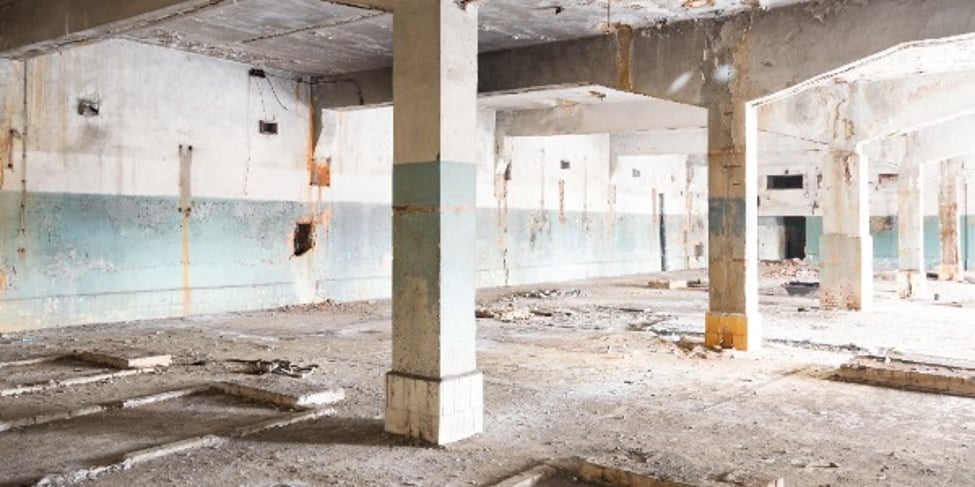In a city as vibrant and bustling as Toronto, every home counts. As we navigate through the complexities of urban living and housing shortages, the City of Toronto has introduced a measure aimed at making the most of its housing stock: the Vacant Home Tax (VHT). Now in its second year, this initiative targets properties left vacant for more than six months within a calendar year, with a clear goal: to encourage homeowners to either occupy or rent out their properties, thereby increasing the city's housing availability.
Understanding the Vacant Home Tax
The VHT rate for the 2023 tax year is 1%, which translates to a $10,000 tax on a $1 million property according to Toronto's Current Value Assessment (CVA). This move is not just about taxation; it's a strategic effort to discourage property vacancy in a city where every square foot of living space is precious. Looking ahead to 2024 and beyond, the stakes are set to rise, with the tax rate increasing to 3% following council approval. This means a $30,000 levy on a $1 million property, signalling the city's serious stance on utilizing vacant homes to address the housing crunch.
The Declaration Requirement
A crucial aspect of the VHT is the mandatory declaration of occupancy status by homeowners. The deadline for this declaration is February 29, with a $21.24 fee imposed on those who fail to declare. This requirement ensures that all properties are accounted for and appropriately classified, helping the city gauge the extent of housing availability and vacancy accurately.
The process for making this declaration is straightforward and accessible online through the city's portal. This digital approach simplifies the process for homeowners, making it easier to comply with the tax regulations. For properties declared, deemed, or determined vacant, the city will issue Notices of Assessment for the Vacant Home Tax. By the end of March, homeowners who miss the declaration deadline will receive notice that their properties are automatically considered vacant.
Disputing the VHT Assessment
Recognizing that discrepancies can arise, the city has put in place a mechanism for homeowners to dispute their VHT assessment. Starting in early April, property owners can file a complaint through the online portal, providing a channel for clarification and adjustment where necessary. This process ensures fairness and accuracy in the application of the tax, allowing homeowners to present their case and correct any misclassifications.
For those without access to a computer or the internet, the city offers a solution: property owners can authorize someone else to submit the declaration online on their behalf. This inclusivity ensures that all homeowners, regardless of their digital access or literacy, can comply with the VHT requirements.
The Bigger Picture
The introduction and enforcement of the vacant home tax come at a time when Toronto, like many major cities, faces significant housing challenges. With a growing population and a finite amount of land for development, maximizing the use of existing properties is a logical and necessary step. By encouraging the occupancy or rental of vacant homes, the city aims to alleviate some of the pressures on its housing market, making Toronto a more accessible and livable city for all its residents.
The VHT is more than just a tax; it's a policy tool designed to stimulate a more dynamic and inclusive housing market. As we move forward, the effectiveness of this tax in increasing housing availability and affordability will be closely watched. For homeowners, the message is clear: occupy, rent out, or prepare to contribute to the city's efforts to solve its housing shortage.
In conclusion, Toronto's vacant home tax represents a bold step towards addressing the city's housing needs. By penalizing vacancy and incentivizing occupancy, the city hopes to unlock the potential of unused properties, contributing to a more vibrant, inclusive, and sustainable urban environment. As the deadline for the 2023 occupancy status declaration approaches, homeowners are reminded of their role in this collective effort. Together, we can make Toronto not just a place to invest in property but a place to call home.

